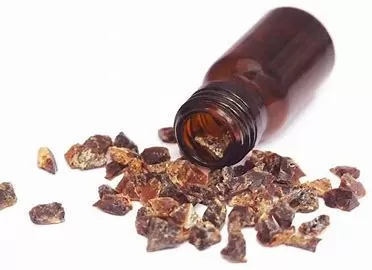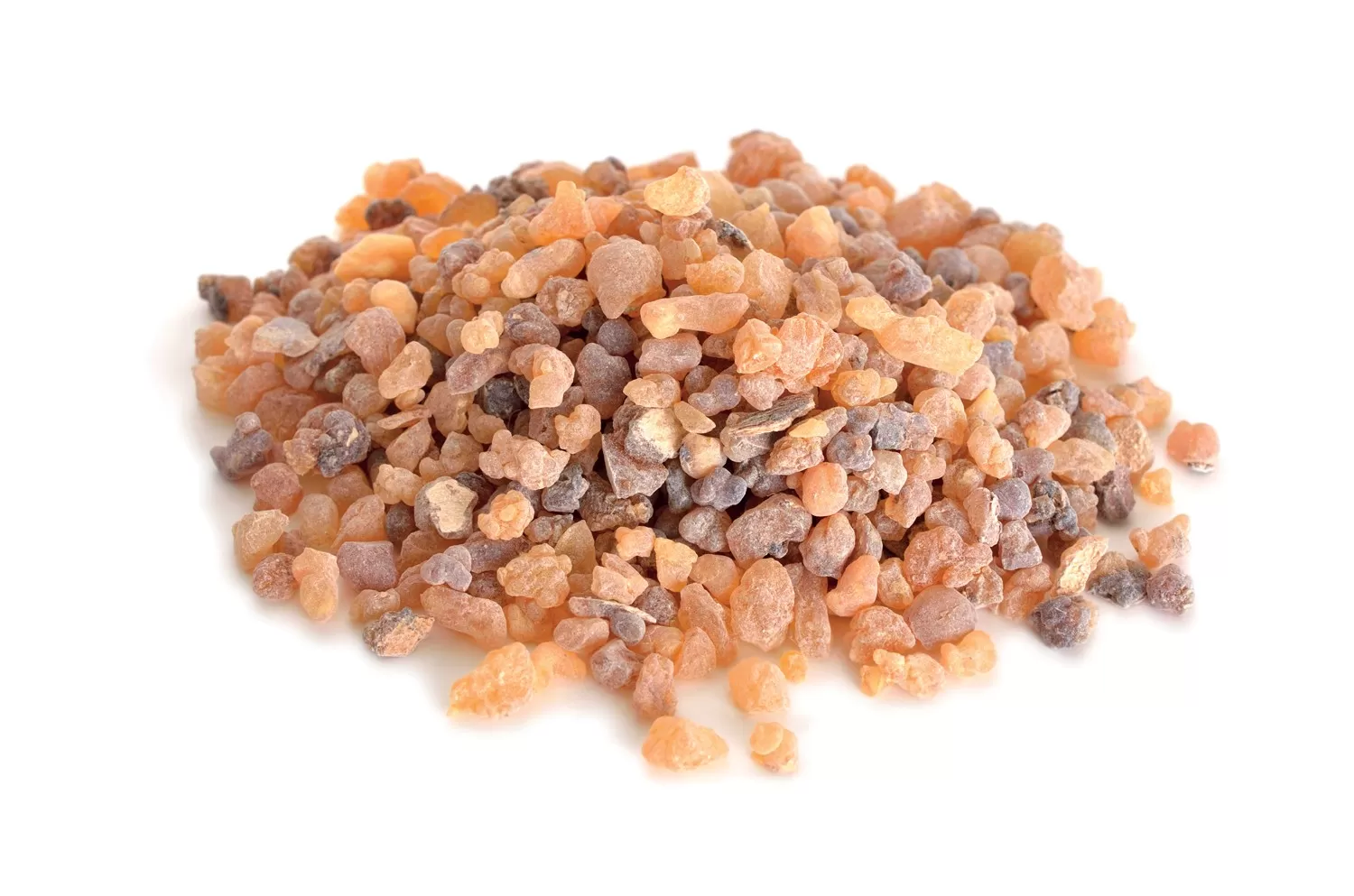- 0086-571-85302990
- sales@greenskybio.com
What Is the Strongest Natural Anti-Inflammatory?
2025-03-24
Inflammation is a natural response by the immune system to injury, infection, or irritation. While acute inflammation is essential for healing, chronic inflammation can lead to a host of health issues, including arthritis, heart disease, diabetes, and autoimmune disorders. Conventional anti-inflammatory medications, such as non-steroidal anti-inflammatory drugs (NSAIDs), are effective but may come with side effects when used long-term. As a result, many people are turning to natural anti-inflammatories for safer alternatives to manage inflammation and support overall health. This article explores the strongest natural anti-inflammatory agents, detailing their benefits, mechanisms of action, and scientific evidence.
Understanding Natural Anti-Inflammatories
Natural anti-inflammatories are substances derived from foods, plants, or herbal compounds that help reduce inflammation in the body. They work by inhibiting inflammatory pathways, reducing the production of pro-inflammatory cytokines, and neutralizing oxidative stress that contributes to inflammation. Unlike prescription medications, natural remedies are often gentler on the body and come with the added benefits of supporting immunity and overall wellness.
Turmeric and Curcumin: The Gold Standard of Natural Anti-Inflammatories
If there is one natural anti-inflammatory agent widely regarded as the strongest, it is turmeric and its active compound, Curcumin. Turmeric (Curcuma longa), a bright yellow spice commonly used in Asian cuisine, contains Curcumin, a potent bioactive compound with powerful anti-inflammatory and antioxidant effects.
Curcumin acts by inhibiting NF-κB, a protein complex responsible for triggering inflammation in the body. It also suppresses pro-inflammatory enzymes such as cyclooxygenase-2 (COX-2) and blocks the production of inflammatory cytokines, including interleukins and tumor necrosis factor-alpha (TNF-alpha).
Numerous studies have demonstrated curcumin’s ability to alleviate inflammation-related symptoms. Research shows curcumin can reduce joint pain and swelling in individuals with osteoarthritis and rheumatoid arthritis. It is also effective in lowering markers of inflammation in chronic conditions such as inflammatory bowel disease (IBD), cardiovascular disease, and metabolic syndrome. Additionally, curcumin’s antioxidant properties protect cells from oxidative damage, which plays a significant role in reducing systemic inflammation.
While curcumin is incredibly potent, its bioavailability is relatively low, meaning the body absorbs it poorly on its own. To enhance absorption, curcumin is often taken with Black Pepper Extract (piperine) or in formulated supplements designed to optimize its uptake.
Other Potent Natural Anti-Inflammatories
Omega-3 Fatty Acids
Omega-3 fatty acids, found in fatty fish such as salmon, mackerel, and sardines, as well as in flaxseeds and walnuts, are another powerful natural anti-inflammatory. Omega-3s, particularly eicosapentaenoic acid (EPA) and docosahexaenoic acid (DHA), function by reducing levels of inflammatory molecules like prostaglandins and leukotrienes. They also inhibit the activation of NF-κB and reduce the production of pro-inflammatory cytokines.
Studies have shown omega-3 fatty acids reduce symptoms of inflammatory diseases such as rheumatoid arthritis, cardiovascular disease, and even depression, which has links to inflammation. Omega-3s also promote a healthy balance of omega-6 to omega-3 fatty acids in the body, further minimizing chronic inflammation.
Ginger
Ginger (Zingiber officinale) is another natural anti-inflammatory celebrated for its use in traditional medicine. Ginger contains bioactive compounds such as gingerol and shogaol, which inhibit COX-2 enzymes and lower inflammatory markers in the body. Ginger is useful for managing inflammation and pain related to arthritis, as well as muscle soreness following exercise.
Like turmeric, ginger also possesses antioxidant properties, which protect against oxidative damage that exacerbates inflammation. Its versatility allows it to be consumed as a spice, tea, or supplement to promote health and reduce inflammation.
Green Tea
Green tea contains polyphenols, particularly epigallocatechin gallate (EGCG), which are powerful natural anti-inflammatory compounds. EGCG reduces levels of TNF-alpha and inhibits the activation of inflammatory pathways like NF-κB. Green tea also provides antioxidant support, which can protect cells from inflammation-related damage.
Regular consumption of green tea has been linked to reduced inflammation in conditions such as arthritis, cardiovascular disease, and metabolic disorders. It is an easy and accessible option for those seeking natural alternatives to combat inflammation.
Resveratrol
Resveratrol, a polyphenol found in red grapes, berries, and peanuts, is renowned for its anti-inflammatory and antioxidant properties. It works by suppressing inflammatory gene expression and downregulating pro-inflammatory markers like COX-2 and TNF-alpha.
Resveratrol has been studied for its potential benefits in managing chronic inflammatory conditions, including cardiovascular disease, diabetes, and neurodegenerative disorders. It is available both through dietary sources and as supplements for targeted use.
Boswellia
Boswellia, or Indian frankincense, is an herbal extract derived from the resin of the Boswellia tree. It contains boswellic acids that inhibit 5-lipoxygenase (5-LOX), an enzyme involved in inflammatory processes. Boswellia has been used traditionally to treat inflammatory conditions such as osteoarthritis and IBD.
Conclusion
Turmeric and its active compound curcumin emerge as the strongest natural anti-inflammatory agents due to their potent effects on inflammatory pathways and extensive scientific research backing their efficacy. Alongside turmeric, omega-3 fatty acids, ginger, green tea, resveratrol, and boswellia represent powerful allies in combating inflammation and promoting health.
Incorporating these natural remedies into your diet or routine can provide numerous health benefits while reducing the risks of side effects associated with pharmaceutical treatments. However, it is essential to consult with a healthcare provider before integrating high doses of any natural anti-inflammatory into your regimen, especially if you have underlying health conditions or are taking medication.
With the growing recognition of inflammation as a root cause of many chronic diseases, exploring the potential of natural anti-inflammatory agents offers a holistic approach to improving overall health and wellness.













